German Chancellor Scholz visits China in 'times of turmoil' to seek closer ties
German Chancellor Olaf Scholz met with Chinese President Xi Jinping in Beijing on Friday in the first high-profile visit by a leader of the Group of Seven (G7) nations to China in three years.
Scholz, accompanied by top executives, kicked off his day-long visit to Beijing by meeting Xi and expressing his desire to "further develop" bilateral economic cooperation while emphasizing that the two held "different perspectives."
"We also want to talk about how we can further develop our economic cooperation on other topics: climate change, food security, indebted countries," Scholz told Xi, as quoted by a German government source. He is also scheduled to hold talks with Chinese Premier Li Keqiang.
The Chinese president was cited by local media as telling Scholz that as big nations with influence, China and Germany should work together all the more during "times of change and turmoil" for the sake of world peace.
The visit comes as German industry's heavy dependence on China faces new scrutiny amid growing criticism about the country’s economic downturn due to its over-reliance on Russian energy imports after Moscow turned off the taps.
Slamming Scholz’s China visit, German opposition lawmaker Norbert Roettgen was cited in local media as insisting that his approach was still underpinned by the idea that "we want to keep doing business with China, no matter what that means for the dependence of our economy, and for our ability to act."
"The chancellor is pursuing a foreign policy which will lead to a loss of trust in Germany among our closest partners," said Roettgen, from the conservative CDU party, accusing Scholz of "going it alone".
Concerns regarding China ties have also been raised within Germany’s ruling coalition, with Foreign Minister Annalena Baerbock underlining that mistakes made in the past with Russia must not be repeated.
However, the leader of Europe's top economy has defended his China visit by insisting that direct talks with Chinese leaders were "all the more important" after a long hiatus due to the coronavirus pandemic.
"We will not ignore controversies," Scholz wrote in a recent newspaper column, pointing to thorny topics that could emerge in the talks, from respect for civil liberties to the rights of minorities in Xinjiang.
China’s foreign ministry spokesman Zhao Lijian warned on Friday, however, that the Chinese side was "opposed to interference in our internal affairs, and smearing us under the guise of discussing human rights issues."
Zhao also emphasized that China was looking forward to a "successful" visit, and that "cooperation far exceeds competition" between the two countries.
The German and Chinese economies have also been described in Berlin as deeply intertwined, with some analysts regarding the relationship as particularly important as the European country, battling an energy crisis triggered by the Ukraine war, hurtles towards recession.
China is a major market for German goods, from machinery to vehicles made by the likes of Volkswagen, BMW and Mercedes-Benz.
Scholz’s visit -- coming on the heels of Xi securing a historic third term at a Communist Party Congress last month -- has also raised concerns that it may have unsettled the United States and the European Union.
President Yoon Suk Yeol to be removed from office
At least 19 Gazans killed by Israeli airstrikes since dawn: Medics
Leader: Iran neither has nor needs proxy forces
US fighter aircraft shot down ‘in friendly fire’ amid aggression on Yemen
Yemeni FM: Israel’s sponsors accountable for ongoing aggression on Sana’a
Eight Palestinians killed as Israel attacks Gaza school, hospitals
VIDEO | Rome, Milan host new protests in solidarity with Palestinians
Dec. 21: ‘Axis of Resistance’ operations against Israeli occupation


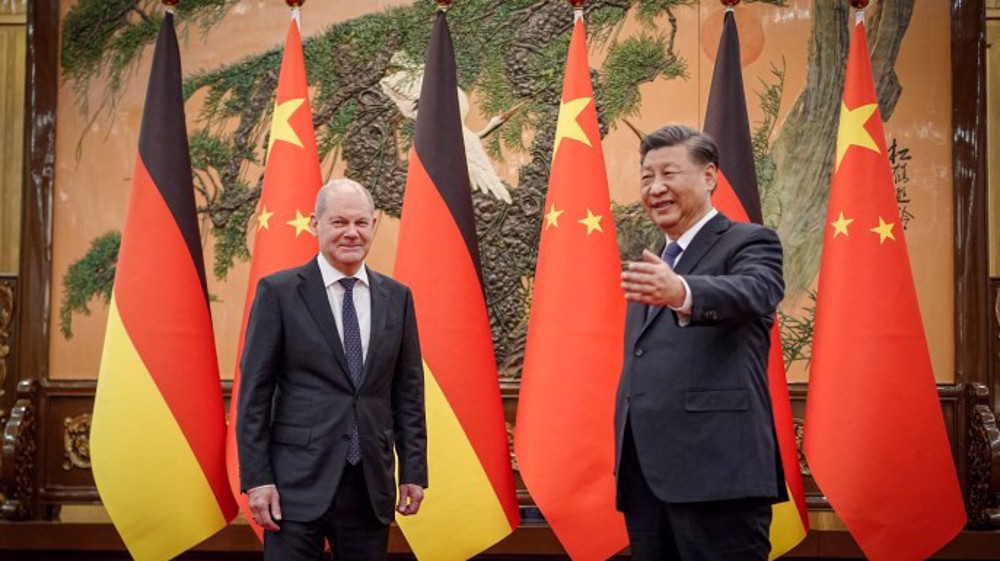
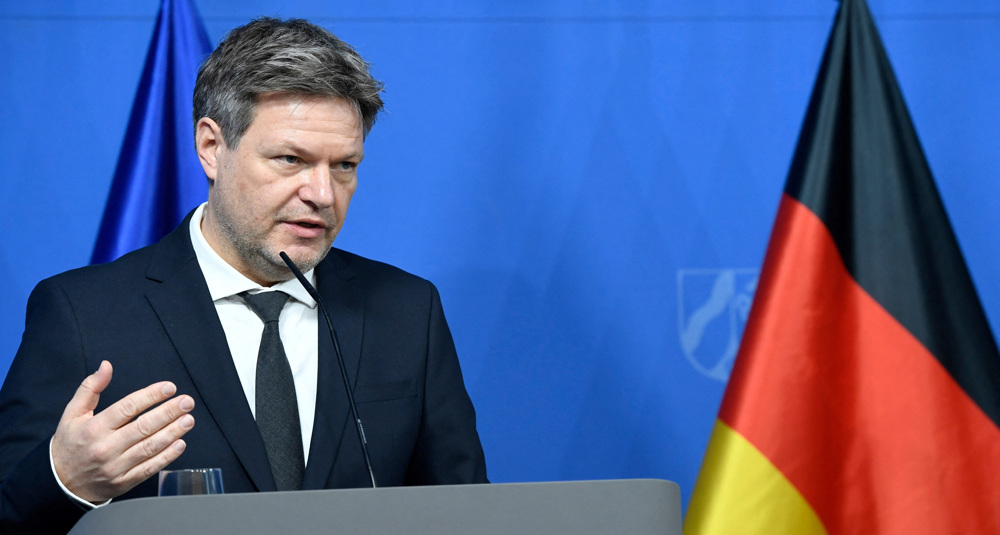

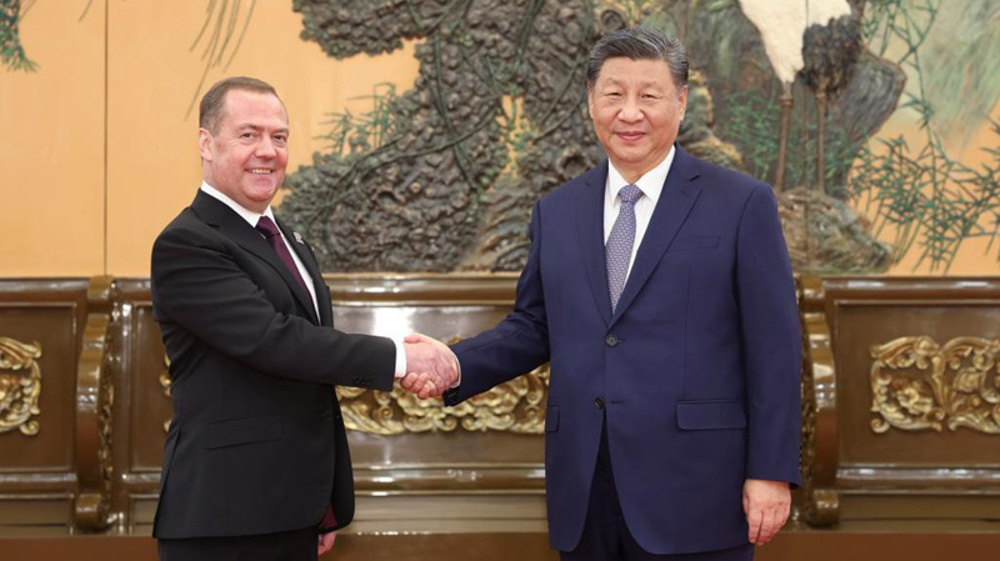
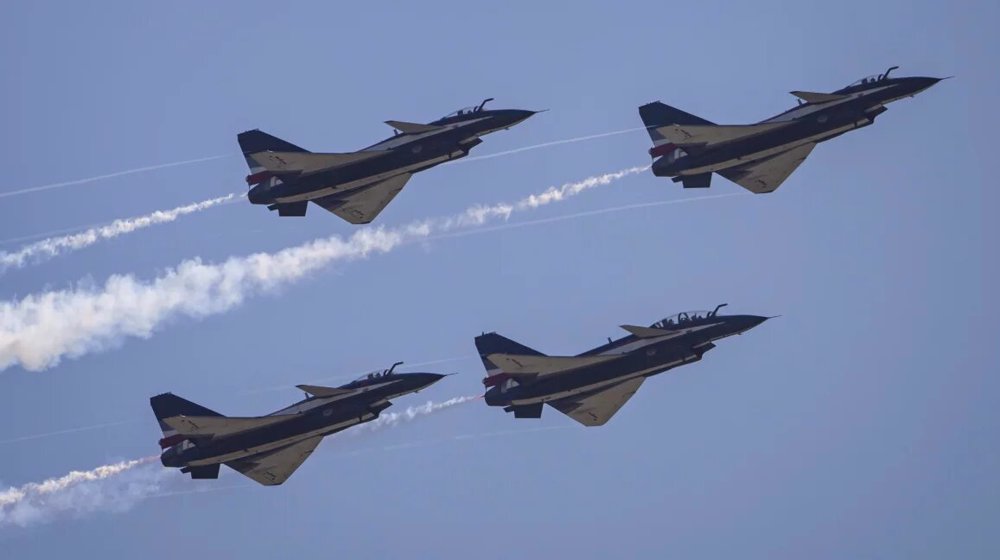



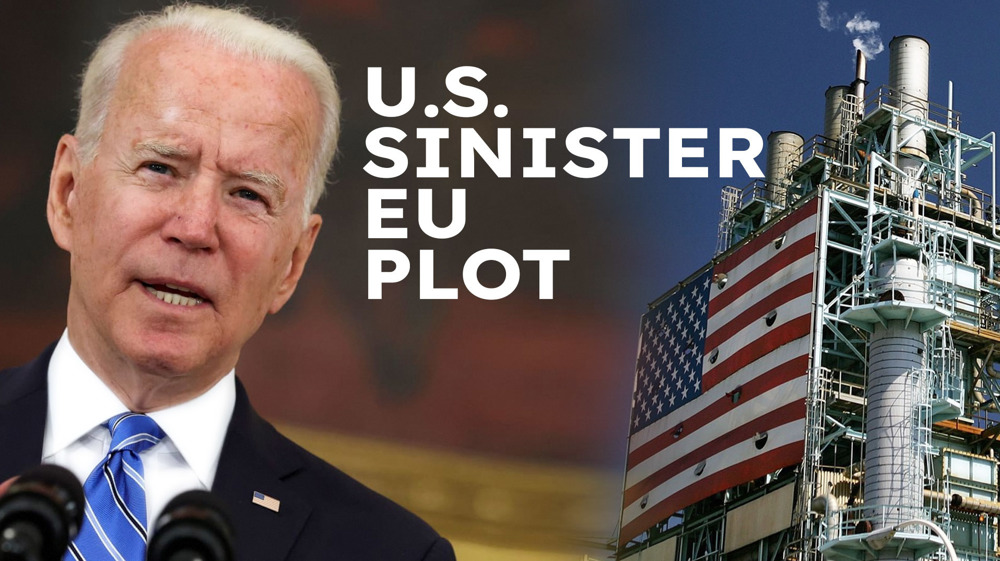
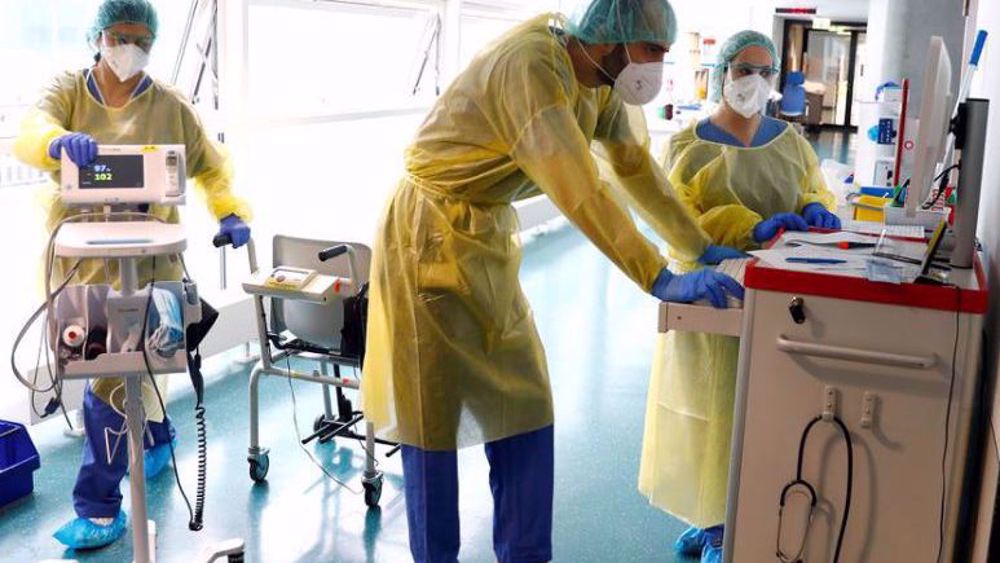
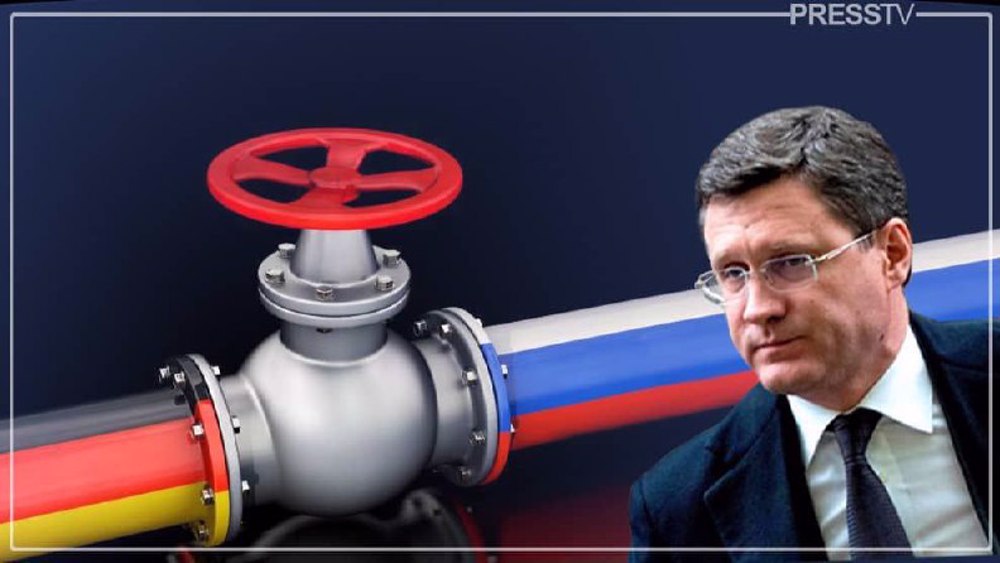

 This makes it easy to access the Press TV website
This makes it easy to access the Press TV website